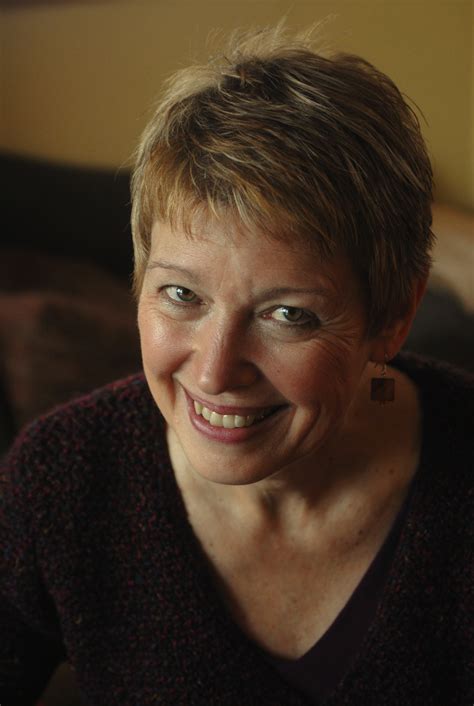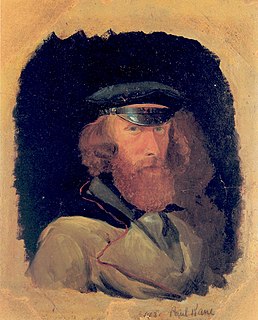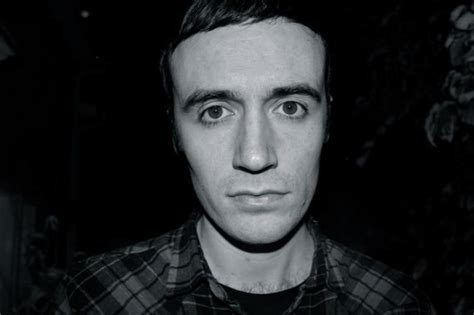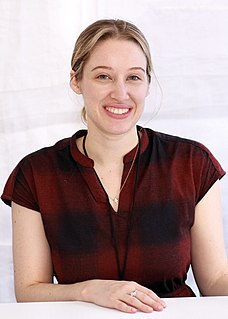A Quote by Toni Morrison
You are your own stories and therefore free to imagine and experience what it means to be human... And although you don't have complete control over the narrative - no author does, I can tell you - you could nevertheless create it.
Related Quotes
What does it mean to feel "in control" of your life? What I mean by control is the ability to make a choice. Personal sovereignty means that you choose from what is available in order to be intentional about your life...When you feel in control of your life, you know yourself to be the author of your own actions and know that you always have choices.
It is the shared experience - [although] you're the conduit of the sound, the recipient is also in some way the author of the work, because if they weren't the author of the work they wouldn't be able to recognise it as an experience, you could argue. The more distance you can put between yourself and having any kind of objective the more likely it is to appear.
I’ve always believed that as an author, I do 50% of the work of storytelling, and the reader does the other 50%. There’s no way I can control the story you tell yourself from my book. Your own experiences, preferences, prejudices, mood at the moment, current events in your life, needs and wants influence how you read my every word.
To read fiction means to play a game by which we give sense to the immensity of things that happened, are happening, or will happen in the actual world. By reading narrative, we escape the anxiety that attacks us when we try to say something true about the world. This is the consoling function of narrative — the reason people tell stories, and have told stories from the beginning of time.
The very act of story-telling, of arranging memory and invention according to the structure of the narrative, is by definition holy. We tell stories because we can't help it. We tell stories because we love to entertain and hope to edify. We tell stories because they fill the silence death imposes. We tell stories because they save us.
The nonphysical law allows you to use nonphysical causes to create nonphysical effects and also physical effects. This does not mean that you are not in control of what you create. On the contrary! It means that you are entirely free to create what you want, provided you are aware of how the nonphysical law of cause and effect works.
The art path leads you to be increasingly free. And what does "because of being increasingly free" mean? Julio Ramón Ribeyro used to say a mature novel demands the author's death, not literal death but metaphoric death, which is the author has to truly erase himself. Therefore, to be truly free, you have to break free from internal and external pressures, to erase the self completely and become a sort of medium, let the story pass through yourself and let the story dance with you.
I've always been fascinated by dreams - they seem like such intriguing evidence of the brain's obsession with narrative as a form of sense-making. But because dreaming is an unconscious process, we have little control over the stories we tell, so they can be fraught with anxiety, vulnerability, and exposure.
My mom used to tell me stories at night, read books to me - and I read 'em over and over and over again. And you know what I learned from that? I went back and looked at everything - Why do I like reading the same stories over and over and over again? What, was I some kind of nincompoop? No - the narrative gave me connection with my mom.







































